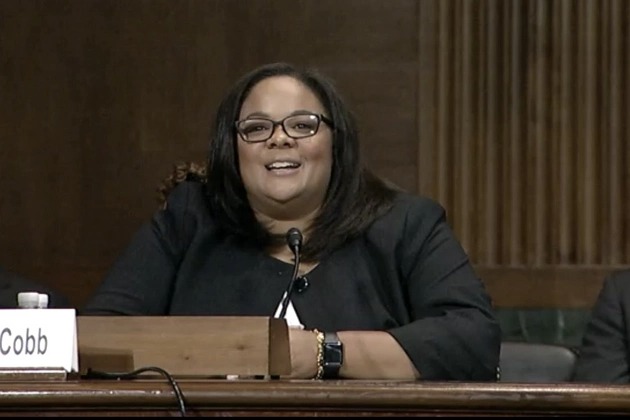The US has had an "expedited removal" process for nearly 30 years, applying to immigrants apprehended within 100 miles of the Mexican border who entered the US within the previous two weeks. After returning to the White House in late January, President Donald Trump sought to expand this process nationwide to include undocumented immigrants who had been in the US for less than two years.
On 29/8, federal Judge Jia Cobb in Washington, D.C., blocked Trump's move. She argued that it could lead to wrongful deportations without due process as guaranteed by the Fifth Amendment, such as the opportunity to prove they had lived in the US for more than two years.
"The court does not question the constitutionality of 'expedited removal', or the long-standing application of this process at the border," Cobb noted, adding that the Trump administration could continue to implement it in the border region.
 |
US President Donald Trump at the White House on 25/8. Photo: AFP |
US President Donald Trump at the White House on 25/8. Photo: AFP
The ruling came in a lawsuit filed by the immigrant advocacy group Make The Road New York, represented by the American Civil Liberties Union (ACLU).
The federal government had urged the court to approve the expansion, arguing it was a legal action within the executive branch's authority to streamline the process and reduce the court backlog. They requested that Judge Cobb postpone her ruling to allow more time to prepare an appeal, but she refused.
 |
Federal Judge Jia Cobb. Photo: Politico |
Federal Judge Jia Cobb. Photo: Politico
If upheld, Cobb's ruling will significantly impede the Trump administration's plan for mass deportations of undocumented immigrants.
During his re-election campaign, Trump pledged to carry out the largest deportation effort in US history, aiming to deport one million people in his first year back in office. Observers believe that deportation without trial is a crucial factor determining the success or failure of this federal government effort.
Nhu Tam (According to AFP, Washington Post)












